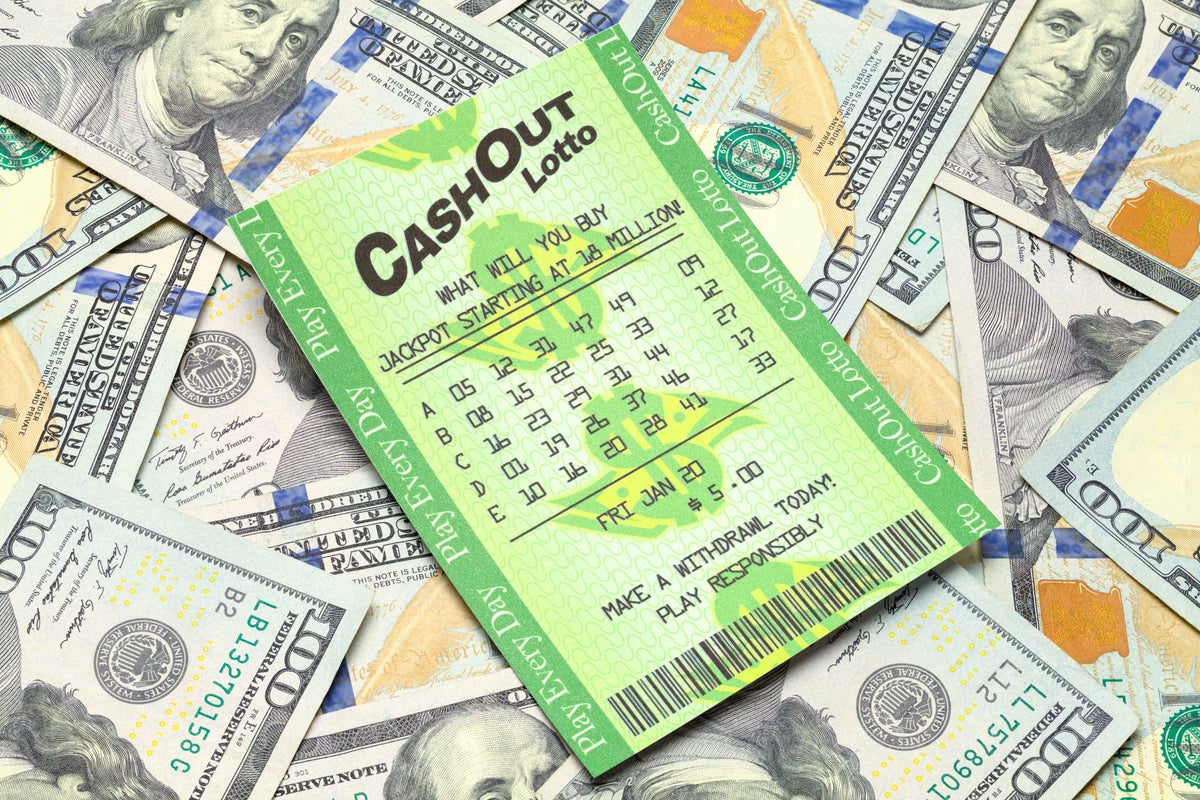When top U.S. and Chinese officials meet in Stockholm, they are almost certain to agree to at least leaving tariffs at the current levels while working toward a meeting between their presidents later this year for a more lasting trade deal between the world’s two largest economies, analysts say.
Treasury Secretary Scott Bessent and Chinese Vice Premier He Lifeng are set to hold talks for the third time this year — this round in the Swedish capital, nearly four months after President Donald Trump upset global trade with his sweeping tariff proposal, including an import tax that shot up to 145% on Chinese goods.
“We have the confines of a deal with China,” Trump said Friday before leaving for Scotland.
Bessent told MSNBC on Wednesday that the two countries after talks in Geneva and London have reached a “status quo,” with the U.S. taxing imported goods from China at 30% and China responding with a 10% tariff, on top of tariffs prior to the start of Trump’s second term.
“Now we can move on to discussing other matters in terms of bringing the economic relationship into balance,” Bessent said. He was referring to the U.S. running a $295.5 billion trade deficit last year. The U.S. seeks an agreement that would enable it to export more to China and shift the Chinese economy more toward domestic consumer spending.
The Chinese embassy in Washington said Beijing hopes “there will be more consensus and cooperation and less misperception” coming out of the talks.
With an eye on a possible leaders’ summit, Stockholm could provide some answers as to the timeline and viability of that particular goal ahead of a possible meeting between Trump and Chinese leader Xi Jinping.
“The meeting will be important in starting to set the stage for a fall meeting between Trump and Xi,” said Wendy Cutler, a former U.S. trade negotiator and now vice president at the Asia Society Policy Institute. “Beijing will likely insist on detailed preparations before they agree to a leaders’ meeting.”
In Stockholm, the two sides are likely to focus on commercial announcements to be made at a leaders’ summit as well as agreements to address “major irritants,” such as China’s industrial overcapacity and its lack of control over chemicals used to make fentanyl, also to be announced when Xi and Trump should meet, Cutler said.
Sean Stein, president of the U.S.-China Business Council, said Stockholm could be the first real opportunity for the two governments to address structural reform issues including market access in China for U.S. companies.
What businesses will be seeking coming out of Stockholm would largely be “the atmosphere” — how the two sides characterize the discussions. They will also look for clues about a possible leaders’ summit because any real deal will hinge on the two presidents meeting each other, he said.
Fentanyl-related tariffs are likely a focus for China
In Stockholm, Beijing will likely demand the removal of the 20% fentanyl-related tariff that Trump imposed earlier this year, said Sun Yun, director of the China program at the Washington-based Stimson Center.
This round of the U.S.-China trade dispute began with fentanyl, when Trump in February imposed a 10% tariff on Chinese goods, citing that China failed to curb the outflow of the chemicals used to make the drug. The following month, Trump added another 10% tax for the same reason. Beijing retaliated with extra duties on some U.S. goods, including coal, liquefied natural gas, and farm products such as beef, chicken, pork and soy.
In Geneva, both sides climbed down from three-digit tariffs rolled out following Trump’s “Liberation Day” tariffs in April, but the U.S. kept the 20% “fentanyl” tariffs, in addition to the 10% baseline rate — to which China responded by keeping the same 10% rate on U.S. products. These across-the-board duties were unchanged when the two sides met in London a month later to negotiate over non-tariff measures such as export controls on critical products.
The Chinese government has long protested that American politicians blame China for the fentanyl crisis in the U.S. but argued the root problem lies with the U.S. itself. Washington says Beijing is not doing enough to regulate precursor chemicals that flow out of China into the hands of drug dealers.
In July, China placed two fentanyl ingredients under enhanced control, a move seen as in response to U.S. pressure and signaling goodwill.
Gabriel Wildau, managing director at the consultancy Teneo, said he doesn’t expect any tariff to go away in Stockholm but that tariff relief could be part of a final trade deal.
“It’s possible that Trump would cancel the 20% tariff that he has explicitly linked with fentanyl, but I would expect the final tariff level on China to be at least as high as the 15-20% rate contained in the recent deals with Japan, Indonesia, Vietnam,” Wildau said.
US wants China to dump less, buy less oil from Russia and Iran
China’s industrial overcapacity is as much a headache for the United States as it is for the European Union. Even Beijing has acknowledged the problem but suggested it might be difficult to address.
America’s trade imbalance with China has decreased from a peak of $418 billion in 2018, according to the Census Bureau. But China has found new markets for its goods and as the world’s dominant manufacturer ran a global trade surplus approaching $1 trillion last year — somewhat larger than the size of the U.S. overall trade deficit in 2024. And China’s emergence as a manufacturer of electric vehicles and other emerging technologies has suddenly made it more of a financial and geopolitical threat for those same industries based in the U.S., Europe, Japan and South Korea.
“Some enterprises, especially manufacturing enterprises, feel more deeply that China’s manufacturing capabilities are too strong, and Chinese people are too hardworking. Factories run 24 hours a day,” Chinese Premier Li Qiang said on Thursday when hosting European Commission President Ursula von der Leyen in Beijing. “Some people think this will cause some new problems in the balance of supply and demand in world production.”
“We see this problem too,” Li said.
Bessent also said the Stockholm talks could address Chinese purchases of Russian and Iranian oil. However, Wildau of Teneo said China could demand some U.S. security concessions in exchange, such as a reduced U.S. military presence in East Asia and scaled-back diplomatic support for Taiwan and the Philippines. This would likely face political pushback in Washington.
The Stockholm talks will be “geared towards building a trade agreement based around Chinese purchase commitments and pledges of investment in the U.S. in exchange for partial relief from U.S. tariffs and export controls,” Wildau said.
He doubts there will be a grand deal. Instead, he predicts “a more limited agreement based around fentanyl.”
“That,” he said, “is probably the preferred outcome for China hawks in the Trump administration, who worry that an overeager Trump might offer too much to Xi.”
___
Associated Press writer Paul Wiseman contributed to this report






